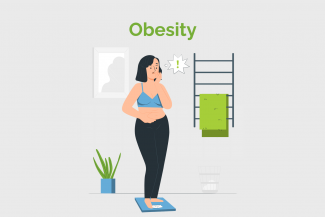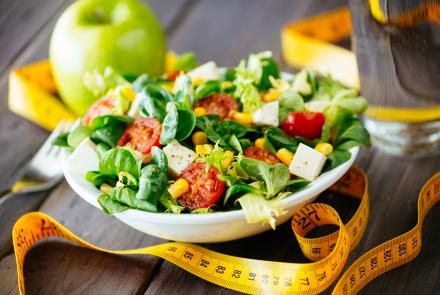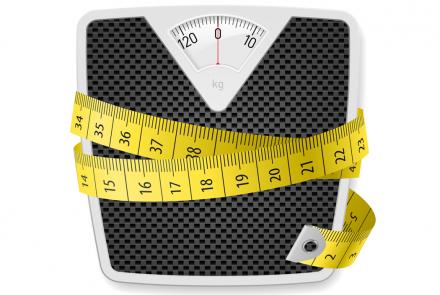Worldwide obesity has more than doubled since 1980. In 2014, more than 1.9 billion adults, 18 years and older, were overweight. Of these over 600 million were obese. 39% of adults aged 18 years and over were overweight in 2014, and 13% were obese. Most of the world's population live in countries where overweight and obesity kills more people than underweight. 42 million children under the age of 5 were overweight or obese in 2013.
Obesity is preventable.

Obesity can be managed with lifestyle, dietary and behaviour modifications:
- Lifestyle changes
- Stay your ideal weight for height. Make it your lifestyle.
- Take the stairs.
- Stop eating when 80% full.
- Have regular sleep time and an exercise schedule and adhere to it.
- Walk when it is not possible to exercise.
- Eat to live and not live to eat.
- Dietary changes
- Choose healthy food options – To allow for weight loss, consume fewer calories and opt for healthy food choices.
- Consume salad before food.
- Reduce the intake of sugary drinks and junk food.
- Avoid eating in front of the television or mobile/laptop screen, as it is hard to engage our senses and recognize satiety, leading to overeating.
- Consume more plant-based foods, including fruits, vegetables, and whole grains.
- Eat regularly to avoid blood sugar crashes.
- Drink plenty of water.
- Regular physical activity
- Get at least 150 minutes of moderate-intensity aerobic exercise each week. This could be brisk walking, cycling, or swimming.
- Increase mobility after meals. Small walks after meals are good for boosting metabolism.
- Good sleep
Sleep is an underrated factor and is closely related to metabolism. Getting good sleep helps regulate bowel movements and reduces stress hormones that contribute to weight gain. - Stress reduction
- Try meditation and mindfulness.
- Engage in building social connections.
- Behavioral modification
Wherever stress eating, habitual binge eating, or unhealthy eating is involved, counseling and cognitive behavioral therapy are useful.
Changed
23/Mar/2025
Community
Condition

















